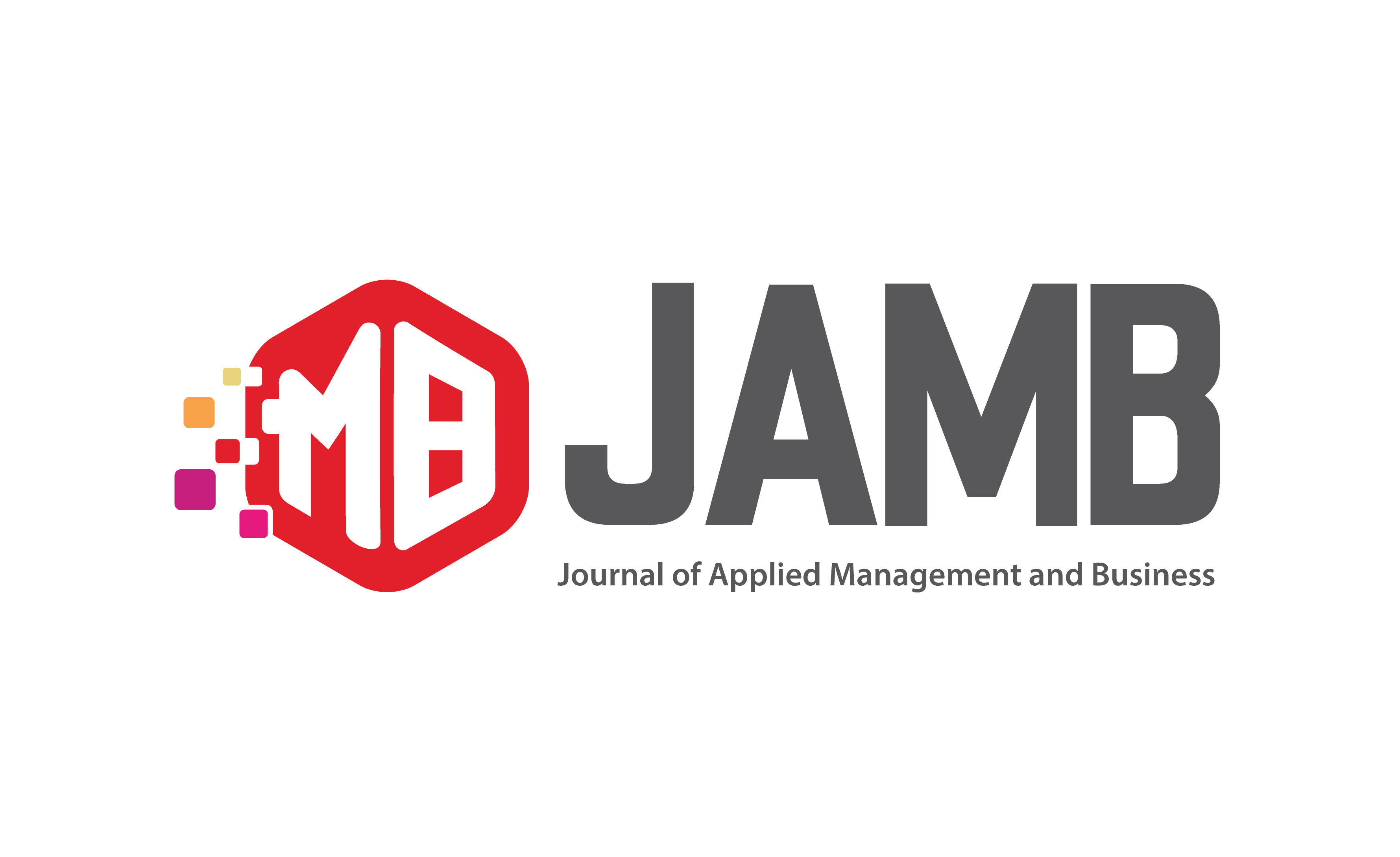QUALITY OF SERVICE AND PRICE PERCEPTION AFFECT CUSTOMER LOYALTY WITH CONSUMER SATISFACTION AS A MEDIATION VARIABLES
DOI:
https://doi.org/10.37802/jamb.v1i2.144Keywords:
Consumer Satisfaction, Customer Loyalty, Service Quality, Price PerspectiveAbstract
This study investigates the effect of service quality and perceived price on customer satisfaction and the effect of customer satisfaction on customer loyalty. This study also seeks to determine the mediating role of customer satisfaction on the relationship between service quality and price perceptions and customer loyalty. This study focuses on observations on 100 students in Sidoarjo who have made purchases at Indomaret-Sidoarjo. The research hypothesis testing adopted the Structural Equation Model-Partial Least Square (SEM-PLS) technique using SmartPLS. This study found that customer satisfaction has a significant effect on customer loyalty and perceived price also has a significant effect on customer loyalty. However, this research proves that service quality does not have a significant effect on customer satisfaction.
Downloads
References
[2] Kubberød, E., & Pettersen, I. B. (2017). EXploring situated ambiguity in students’ entrepreneurial learning. Education and Training, 59(3), 265–279.
[3] Wibowo, J., & Santoso, R. (2020). PEMBUATAN DIGITAL MARKETING DAN MARKETING CHANNEL UNTUK UKM PJ COLLECTION. JPM17: Jurnal Pengabdian Masyarakat, 5(01), 82-91.
[4] Potishuk, V., & Kratzer, J. (2017). Factors affecting entrepreneurial intentions and entrepreneurial attitude in higher education. Journal of Entrepreneurship Education, 20(1), 25–44.
[5] Smith, S., Hamilton, M., & Fabian, K. (2019). Entrepreneurial drivers, barriers and enablers of computing students: Gendered perspectives from an Australian and UK university. Studies in Higher Education, 28, 1–14.
[6] Santoso, R., Candraningrat, C., & Binawati, L. (2017). Elemen Kecerdasan Wirausaha Untuk Meningkatkan Kinerja Industri Kecil dan Menengah (IKM) di Surabaya.
[7] Kwabena Nkansah Simpeh. (2011). Entrepreneurship theories and empirical research: A summary review of the literature. European Journal of Business and Management, 3(6), 1–8.
[8] Santoso, R., Erstiawan, M. S., & Kusworo, A. Y. (2020). Inovasi Produk, Kreatifitas Iklan Dan Brand Trust Mendorong Keputusan Pembelian. Jurnal Nusantara Aplikasi Manajemen Bisnis, 5(2), 133-145.
[9] Marques, C. S., Ferreira, J. J., Gomes, D. N., & Rodrigues, R. G. (2012). Entrepreneurship education: How psychological, demographic and behavioural factors predict the entrepreneurial intention. Education & Training, 54(8/9), 657–672.
[10] Fianto, A. Y. A. (2020). Satifaction as intervening for the antecedents of intention to revisit: Marine tourism context in East Java. Relasi: Jurnal Ekonomi, 16(1), 179-207.
[11] Obschonka, M., Hahn, E., & Bajwa, N. (2018). Personal agency in newly arrived refugees: The role of personality, entrepreneurial cognitions and intentions, and career adaptability. Journal of Vocational Behavior, 105, 173–184.
[12] Santoso, R., Shinta, R., & Fianto, A. Y. A. (2019). Pengaruh Bauran Pemasaran Jasa terhadap Keputusan Berkunjung ke Wisata Bahari Jawa Timur. Jurnal MEBIS (Manajemen dan Bisnis), 4(2), 73-86.











